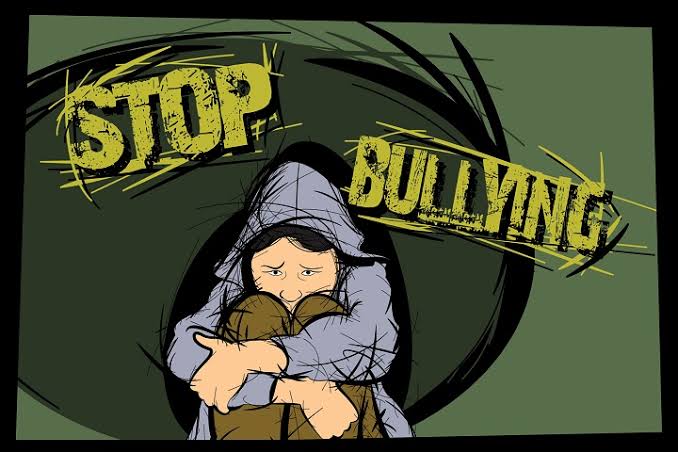New Delhi: Bullying can have a variety of short and long term effects for both the victim and a bully, as per a study. Children are likely to develop a psychiatric disorder if they were bullied frequently when they were 8 years old, the study found.
They needed treatment as an adult as compared to the child who were not bullied.
The scientists also found strong evidence that being bullied as a child puts kids at high risk for depression as a young adult, according to the study, published in the journal JAMA Psychiatry few years back.
It suggested that being victimized by bullying in early childhood increases the risk of depressive disorders that need psychiatric treatment later in life, said study author Dr. Andre Sourander, a professor of child psychiatry at the University of Turku in Finland.
Studies of childhood bullying with long-term follow-ups from the early school years through adulthood are lacking, Sourander said.
In the study, the researchers analyzed data collected from about 5,000 children in Finland.
When the children reached age 8, they filled out questionnaires that asked whether they were victims of bullying or had bullied other children, and how frequently this behavior occurred.
Similar questions about bullying were also asked of the children’s parents as well as the children’s second-grade teachers.
The researchers looked at the mental health outcomes of the children from ages 16 to 29 by examining data from a nationwide hospital register that includes all inpatient and outpatient mental health visits in Finland.
They found that the vast majority of the children, or 90 per cent of them, were not involved in bullying, and among this group, about 12 per cent had been diagnosed with a psychiatric disorder before age 30.
But about 20 per cent of those who were bullies as children had a mental health problem that needed medical treatment as a teen or young adult, and 23 per cent of the kids who were victims of frequent bullying had sought help for a psychiatric problem before age 30.
Being bullied frequently by other children is a traumatic experience and researchers need to gain a better understanding of how important a child’s early peer and school experiences are for their development, Sourander said.
When kids are frequently the targets of bullying, it affects their social, emotional and psychological development, he said.
Bullying behavior should be taken seriously by teachers, parents and their peers because early intervention in childhood bullying can help prevent its long-term mental health consequences, Sourander said.
Video for reference:











